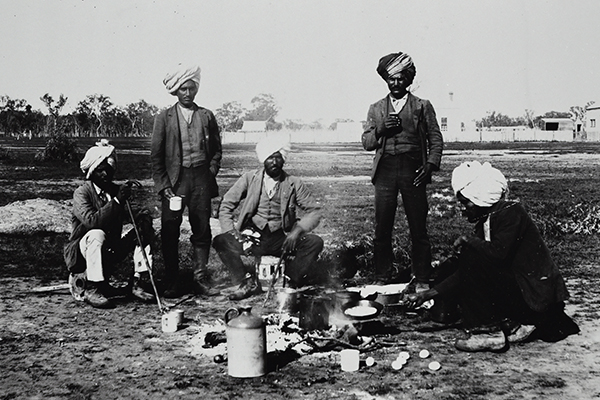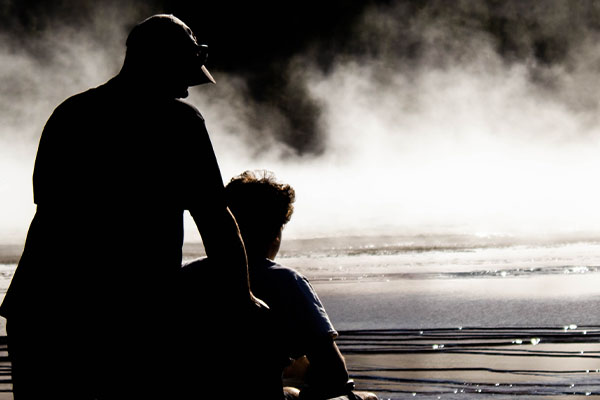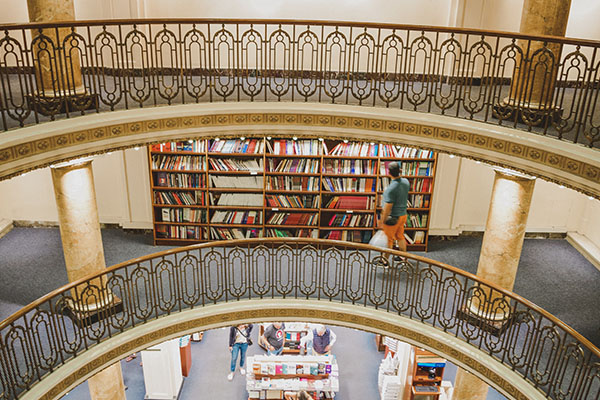Introduction
It is known to us that there are refugees in various underdeveloped countries and the number of refugees will be larger when there is the incidence of some kind of natural or man-made disaster, like war, plague, etc. There is no doubt the life of those refugees are quite hard and they have to strive all the time in order to survive.
Therefore this essay would like to explore the refugeeism in the film On the Bride’s Side (Io sto con la sposa), during which the ideas of three readings will be mentioned and they are respectively “Border Effects, Border Writing”, “Diaspora, Border and Transnational Identities” and “Thinking About Kristeva: Strangers to Ourselves”. It is hoped that this exploration can help provide some insightful suggestions as for how to better treat the refugees in the reality.
Exploring Refugeeism in the Film
In the film On the Bride’s Side (Io sto con la sposa), it has depicted an innovative plan that involves in five Palestinians and Syrians and it aims to help the Syrians reach Sweden. The more detailed condition is that a Palestinian friend dressed up as the bride and a dozen or so Italians and Syrians joined as ‘wedding guests’ to help war refugees reach Sweden. The meaning of faking a wedding party is to avoid border controls so as to take a crowd of war refugees to Sweden to search for asylum. And the rationale why this approach can take function lies in that the border guards would never stop a wedding party and the police would never check a bride’s documents.
Concerning this, it is not hard to find that border really play a significant role in the destiny of the refugees. Just as what has been mentioned in the paper “Border Effects, Border Writing” that “Border consciousness emerges from being situated at the border, where multiple determinants of class, gender, membership and race in divergent, even antagonistic, historical and national identities intersect”, the role of border can be readily detected. It can be understood in this way that border does affect the refugees in various ways based on the differences of their class, gender, membership and race. And the border effect in the paper “Border Effects, Border Writing” can right be used to explain why big efforts have to be made by those people in order to flee.
Moreover, the successful flee of those refugees in the end shows that others can make efforts in order to help the war refugees and borders can be conquered. To put it more specifically, the film On the Bride’s Side (lo Sto Con La Sposa) applies the format of a travelling wedding party which disregards both legislation limiting free mobility in Europe and the cynicism about the hopelessness of the migrant condition. In this sense, a fair knowledge can be obtained that this faked wedding is the embodiment of mobility in that it actually helps both characters get away from being arrested. As a result, they successfully flee due to the faked wedding.
According to this, what I would like to propose is that we can as well create mobility on other occasions by breaking borders all the time so that we are able to achieve some extraordinary issues at last. That is to say, mobility can be created by our own if we desire to achieve something. It can be understood in this way that borders are the opposite of mobility and borders have to be conquered so that mobility can be obtained in the end.
However, what cannot be neglected is that those people offer help will face great pressure in that if they choose to help the war refugees to leave Italy, then they will be confronted with a choice that may change their lives forever. Generally speaking, they will risk being arrested for conspiring to assist illegal immigration and such a crime would result in a prison term of fifteen years., which is undoubtedly serious and deadly. The paper titled “Diaspora, Border and Transnational Identities” has stated that “These population movements are set against major realignments in the world political order” (Avtar Brah. 1996), suggesting that there are political regulations toward the immigration and migration of people from a certain country to another foreign country.
Thus the population movement by breaking the law will undoubtedly make those people commit a crime and they have to take the responsibility for the crime they commit once they are found in taking a part in the illegal immigration. Nevertheless, those people still kept acting a role in the illegal immigration to help the war refugees in fleeing due to their having observed the great harm of the war and the deaths in the war.
They would like not to see more people to die in the war so that they felt no regret in making their own bit in the illegal immigration as long as they can help the war refugees. As a result, everyone was dressed in proper wedding clothes and young men and women from both shores of the Mediterranean were ready to risk everything. All these people would like to prove that sometimes dreams come true and hope do still exist.
Apart from that, 2,617 supporters from 37 different countries in the world had donated 100,000 euros ($123,000) when a crowdfunding campaign is launched in order to finance the documentary (Al Jazeera. 2015), which can effectively show the economic influence of the population immigration. According to this, it can be easily understood that refugee immigration is as well an economic issue because it calls for the participation of a large amount of money if the immigration would like to be realized in the due time.
Thus the large amount of money collected for the war refugees can help unite people and those refugees. The film has mentioned that the war refugees would like to flee in order for their offspring’s identity. In fact, each and every one of us have to be clear about our own identity and we should never agree on the incidence of displacement and loss of identity under whatever circumstances. Maybe the process of searching for one’s own identity will involve in a lot of difficulties to handle one border or another, but efforts still have to be made in order to find the identity back. Only in this way can we always know clearly about who we are, what we want to do and who we would like to become, leading to our performing according to our likes and dislikes.
Last but not the least, what will be talked about is the right attitude that should be adopted toward the war refugees. It is obvious that people have really made a lot of efforts in order to help the war refugees in the film, but what has to be pointed out is that such issue should not be limited to the shores of the Mediterranean in this film while it has to prevail in the globe. Detailed speaking, the right attitude for people to treat with the refugees is that they are the same as everybody else so that they have to treat the refugees the same as they treat their countrymen.
In “Thinking About Kristeva: Strangers to Ourselves”, Kristeva firstly defines the foreigner in this way that “the foreigner lives within us: he is hidden face of our identity, the space that wrecks our abode, the time in which understanding and affinity founder” (Zoë Brigley Thompson. 2006), which proposes that the foreigner is actually another face of our identity and it is an inevitable part of our identity. At the end of the article, Kristeva further puts forward that “The foreigner is within me, hence we are all foreigners” (Zoë Brigley Thompson. 2006), implying that the foreigner doesn’t have any difference from ourselves so that we should treat them in a kind way.
To put the definition of the foreigner into the war refugees in this film, it is apparent that those refugees should be treated well and each and every one have to try their best to help them but not treat them as different from themselves.
Conclusion
To sum up, a reasonable conclusion can be drawn that all parties have to make their own bit to help the refugees so that their life can be easier in one way or another. It cannot be denied that refugee immigration is really an issue that will influence various aspects of a country, like the political and economic aspect, etc., the public should still do what they can do to help the refugees. However, what has to be pointed out is that the ideal state for the refugees is that the political and economic regulations can accept them and protect them, contributing to their supposed rights and interests in the end.








Leave A Comment